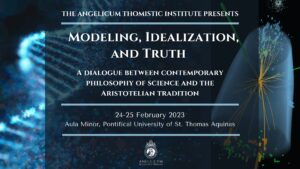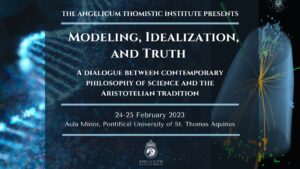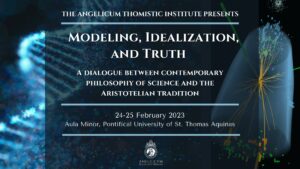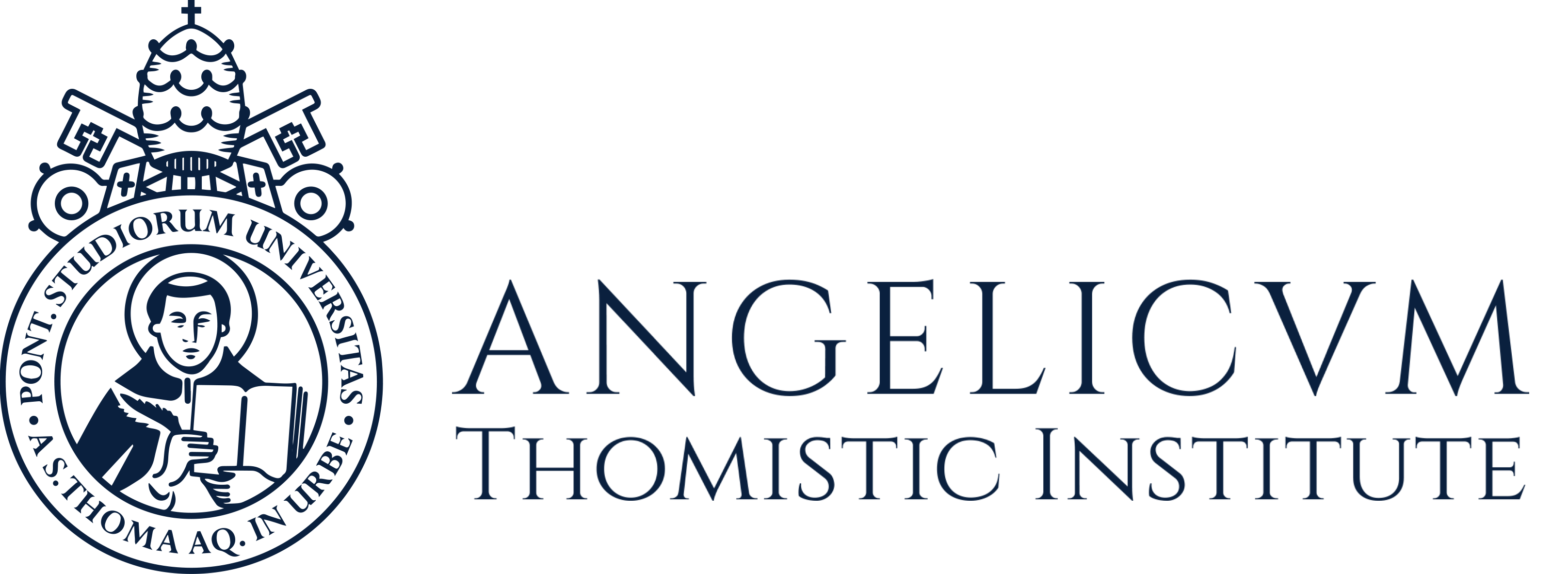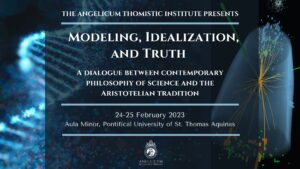Universality Explanations
James Nguyen
Stockholm University, Sweden
Assistant Professor in Theoretical Philosophy
It is commonly assumed that in order for a model to explain the occurrence of some phenomenon in the world, the former needs to accurately represent the latter. It is also clear that many such model-based explanations are essentially idealised: the structure of our models explicitly diverge (in known ways) from the structure of the phenomenon we seek to explain, and moreover, these idealisations are, in some sense, essential to the resulting explanation. These two observations are in tension with one another: how can model-target divergences play an essential role in facilitating accurate representation, as required if they explain? I dissolve this tension by exploring model-based ‘universality explanations’ in science. In such cases, roughly speaking, idealised models define a space of possible systems that, at a certain level of grain, exhibit the behaviour to be explained. Taking recent work by Michael Strevens on the one hand and Robert Batterman and Colin Rice on the other as my foil I argue that idealised models that work in this way are neither ‘second-best’ explanations, nor inaccurate representations. I further suggest that this style of reasoning is more common that previously suggested. This talk is based on joint work with Patrick Shields and Nicholas Teh.
James Nguyen is an Assistant Professor in Theoretical Philosophy at Stockholm University. He holds a PhD from the London School of Economics and Political Science, and completed postdoctoral research at the University of Notre Dame and University College London and the Institute of Philosophy, University of London. Most of his research concerns the philosophy of model-based science, but his philosophical interests are wide and include the philosophy of science (including physics, the social sciences, and the humanities) more generally, as well as epistemology and aesthetics. He is particularly interested in how we reason about the world through simplified representational systems.
Related Content
